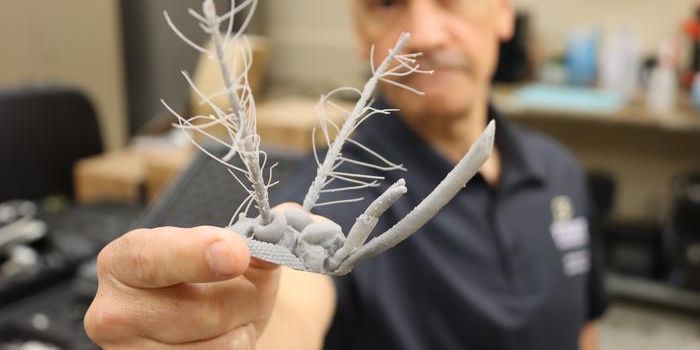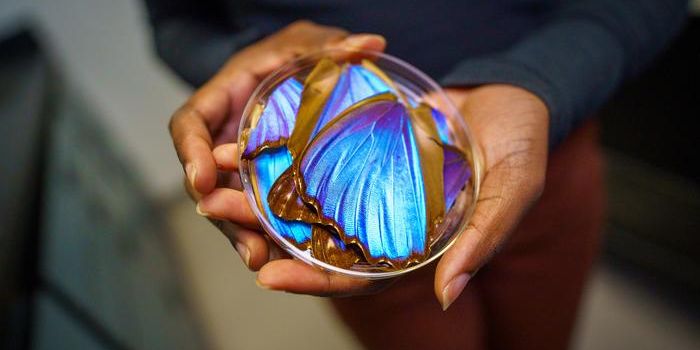Microfluidics device Detects Cancer Cells in Blood
A new study published in the journal Microsystems & Nanoengineering shows the development of a device that can detect individual cancer cells from a patient’s blood samples. The device works by separating the various cell types found in blood according to their size. The study could one day enable rapid, cheap liquid biopsies in the detection of cancer and to help develop targeted treatment plans.
Learn more on similar research previously conducted involving liquid biopsies for cancer diagnosis:
"This new microfluidics chip lets us separate cancer cells from whole blood or minimally-diluted blood," said Ian Papautsky, the Richard and Loan Hill Professor of Bioengineering in the UIC College of Engineering and corresponding author on the paper. "While devices for detecting cancer cells circulating in the blood are becoming available, most are relatively expensive and are out of reach of many research labs or hospitals. Our device is cheap, and doesn't require much specimen preparation or dilution, making it fast and easy to use. Using size differences to separate cell types within a fluid is much easier than affinity separation which uses 'sticky' tags that capture the right cell type as it goes by.”
Diagram shows how the microfluidics device separates cancer cells from blood. The green circles represent cancer cells.
Credit: Ian Papautsky
The device builds on the phenomena of inertial migration and shear-induced diffusion for the separation of cancer cells from blood as it passes through what is known as 'microchannels' that are formed in plastic. "We are still investigating the physics behind these phenomena and their interplay in the device, but it separates cells based on tiny differences in size which dictate the cell's attraction to various locations within a column of liquid as it moves,” says Papautsky. “Without having to dilute, the time to run samples is shorter and so is preparation time.”
Source: Science Daily









